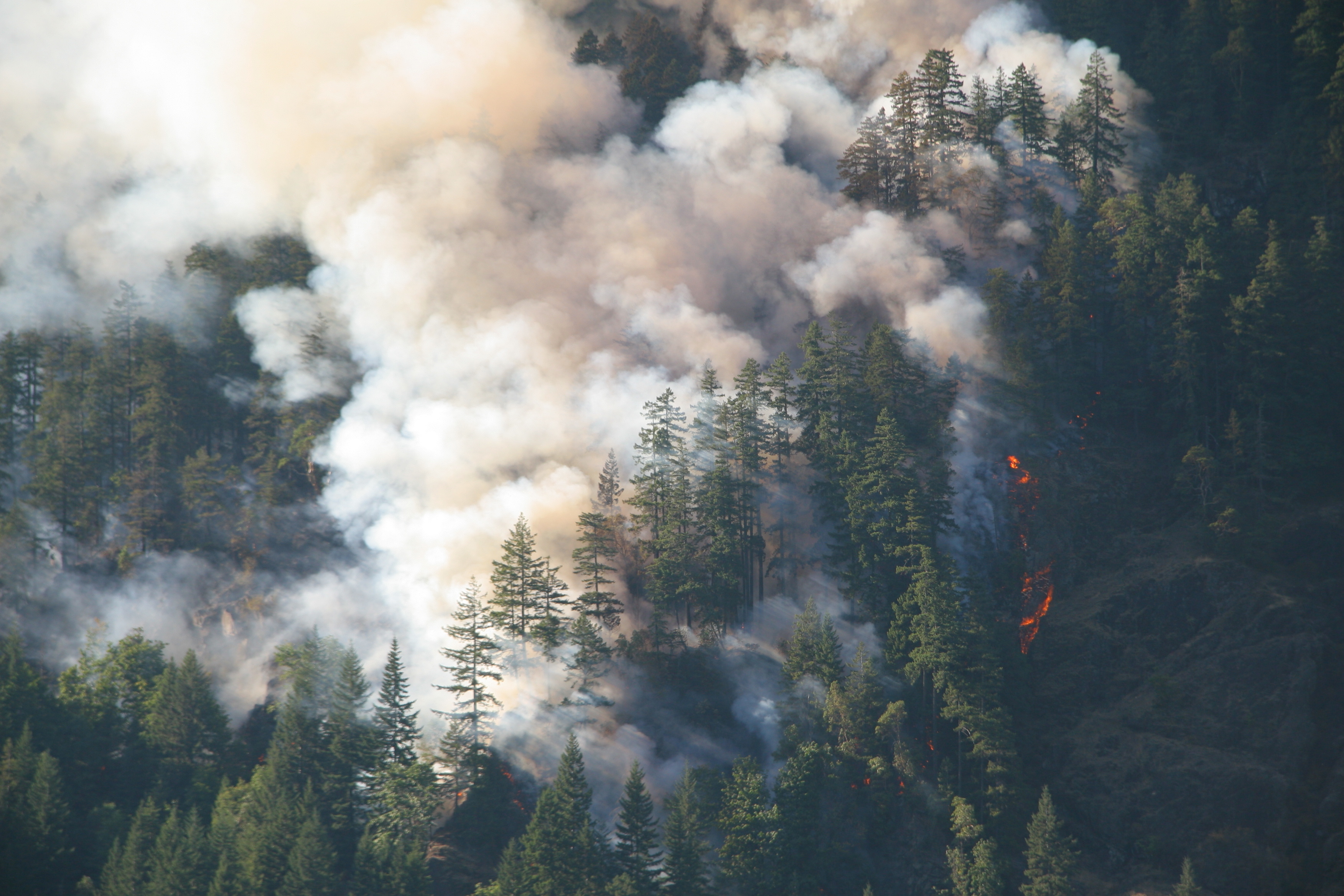Bachelet to the Human Rights Council on climate emergency: “The world has never seen a threat to human rights of this scope”

The United Nations High Commissioner for Human Rights, Michelle Bachelet, opened the 42nd session of the Human Rights Council (9-27 September) with a speech focused on the relations between climate change and environment due to the fact that climate emergency represents a threat to human rights with a never seen scope and also because human rights could help the development of a movement acting jointly for climate.
"Climate change is a reality that now affects every region of the world. The human implications of currently projected levels of global heating are catastrophic. Storms are rising and tides could submerge entire island nations and coastal cities. Fires rage through our forests, and the ice is melting. We are burning up our future – literally.
The climate emergency is already driving a sharp increase in global hunger, which according to FAO has increased this year for the first time in a decade. WHO expects climate change to cause approximately 250,000 additional deaths per year between 2030 and 2050 – from malnutrition, malaria, diarrhoea and heat stress alone. In many nations, chaotic weather patterns and other manifestations of our environmental emergency are already reversing major development gains; exacerbating conflict, displacement and social tension; hampering economic growth; and shaping increasingly harsh inequalities.
The world has never seen a threat to human rights of this scope. This is not a situation where any country, any institution, any policy-maker can stand on the sidelines. The economies of all nations; the institutional, political, social and cultural fabric of every State; and the rights of all your people – and future generations – will be impacted.
The window of opportunity for action may be closing – but there is still time to act. We live in an era of tremendous innovation. More thoughtful approaches to our use of natural and renewable resources; policies which protect and empower marginalised communities, including various social protection initiatives; and better strategies by businesses across their supply chains can be good for the environment and promote greater human dignity and rights.
This Council has recognised that “human rights obligations, standards and principles have the potential to inform and strengthen international, regional and national policymaking in the area of climate change, promoting policy coherence, legitimacy and sustainable outcomes".
We need to act on that powerful statement. We need strong national commitments for action, with an emphasis on participation by environmental human rights defenders, indigenous peoples, and civil society groups representing the communities that are most at risk – as well as support from business actors, cities and other active stakeholders.
The Secretary-General will convene a Climate Action Summit in two weeks' time in New York to step up the pace of climate action by States and the international community.
As members of the world's primary intergovernmental body for human rights, I ask each of your States to contribute the strongest possible action to prevent climate change, and to promote the resilience and rights of your people in dealing with environmental harm.
Effective action on climate requires bringing the uncommitted and unconvinced into a shared, just and truly international effort. Human rights can help galvanize that movement. Today, a very uneven mosaic of environmental and human rights standards stands between human beings and environmental harm – and many have no effective recourse for the harm they suffer.
I am encouraged by the increasing recognition of the right to a healthy and sustainable environment, in over 100 national and regional laws, which defines the relationship between the environment and human rights. To each of us, a healthy environment is no less important than the food we eat, the water we drink, or the freedom of thought we cherish; all people, everywhere, should be able to live in a healthy environment and hold accountable those who stand in the way of achieving it.
[...]
This Council has a critical role to play, with both existing and innovative means to contribute to climate action. There are five key points that I believe should guide our action on climate.
- Climate change undermines rights, development and peace.
- Effective climate action requires broad and meaningful participation.
- We must better protect those who defend the environment.
- Those most affected are leading the way.
- Business will be crucial to climate action.
Our countries have demonstrated many times in recent decades that they can surmount tremendous human rights challenges. Some, my own among them, have turned their backs on dictatorship and established vibrant democracies. Many have enabled people previously discriminated and oppressed – including women – to make their own fundamental choices, in freedom. Others, in a very short space of time, have brought millions of people out of poverty, and promoted their access to critical economic and social rights.
Today we have many hard-won achievements to defend, and other, newer struggles that we must lead. But although these tasks will be difficult, I am convinced we can achieve them. We can end fossil fuel consumption, and take other steps to curtail climate change. We can undo structural discrimination, and uphold justice. We can help realise the right to development, by standing up for everyone's right to participate in decisions. With sufficient determination, acting in partnership, we can take steps to advance human rights and fundamental freedoms – and in doing so, we will strengthen our societies, and build a better future for us all". [...].

